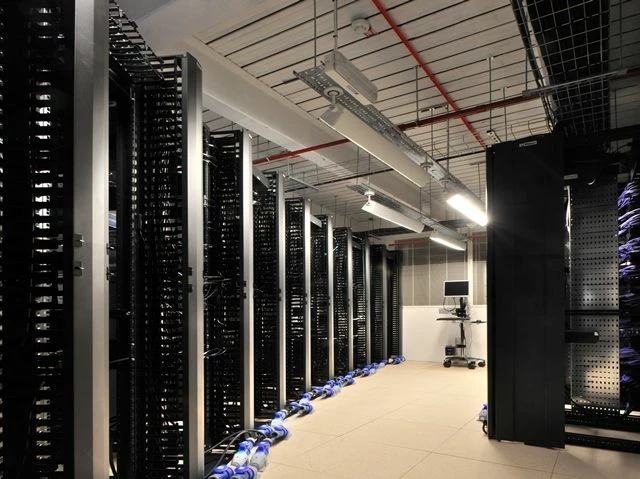
Partner Article
Cloud misconceptions: looking at why the cloud is secure
Cloud computing is secure. There, I’ve said it. It may sound like an obvious thing to say for someone who works at a company specialising in ensuring a smooth, reliable and secure network, but there are still misconceptions about cloud security.
These concerns and misconceptions often arise from fears over losing control. Some IT departments will fear that losing control of the infrastructure will leave their data and applications more open to issues such as malware, hacking and data loss.
There is a fear that cloud providers do not secure their environment to the same standards as a business will secure their own data centre. There are also fears over controlling who has access to that data.
But cloud providers are often a more attractive target for attackers because of the variety of data they could be storing. That means cloud providers can and do expend vast resources on security - after all, it is their reputation and even their entire business on the line if something goes wrong. The truth is, therefore, that cloud computing can be more secure than a traditional, on-premise infrastructure.
Using the cloud does not mean settling for lesser security than you’d get in-house. If fact, it can mean extending your own security out to the cloud environment and adding that to the security offered by the cloud provider.
Sending your data out to the cloud does not take it outside your responsibility. Businesses can and should ensure that any policy they have regarding security in-house is enforced beyond the perimeter as well. This means the policies you know and trust are enforced regardless of where it is deployed from, and where the user is located.
Additional features such as encryption and multi-site backups mean that your data is probably more secure than if it was sitting on servers in your own office, and in-built redundancy means it will be available whenever your workers and customers need it.
Ensuring your own policies are enforced regardless of where the data is being held provides peace of mind that your business will remain compliant even when adopting cloud computing, further enhancing peace of mind.
For example, F5’s BIG-IP Access Policy Manager covers these bases and means a business will know exactly who is accessing its network - both cloud-based and on-premise - and where from.
The cloud is not really a scary, unsecured place. It’s a place that is as secure as you make it - and why would you make it any less secure than your on-premise infrastructure? If fact, moving to the cloud can provide your business with agility and flexibility while improving control and access over your applications and data.
This was posted in Bdaily's Members' News section by Nathan Pearce .








 Navigating the messy middle of business growth
Navigating the messy middle of business growth
 We must make it easier to hire young people
We must make it easier to hire young people
 Why community-based care is key to NHS' future
Why community-based care is key to NHS' future
 Culture, confidence and creativity in the North East
Culture, confidence and creativity in the North East
 Putting in the groundwork to boost skills
Putting in the groundwork to boost skills
 £100,000 milestone drives forward STEM work
£100,000 milestone drives forward STEM work
 Restoring confidence for the economic road ahead
Restoring confidence for the economic road ahead
 Ready to scale? Buy-and-build offers opportunity
Ready to scale? Buy-and-build offers opportunity
 When will our regional economy grow?
When will our regional economy grow?
 Creating a thriving North East construction sector
Creating a thriving North East construction sector
 Why investors are still backing the North East
Why investors are still backing the North East
 Time to stop risking Britain’s family businesses
Time to stop risking Britain’s family businesses